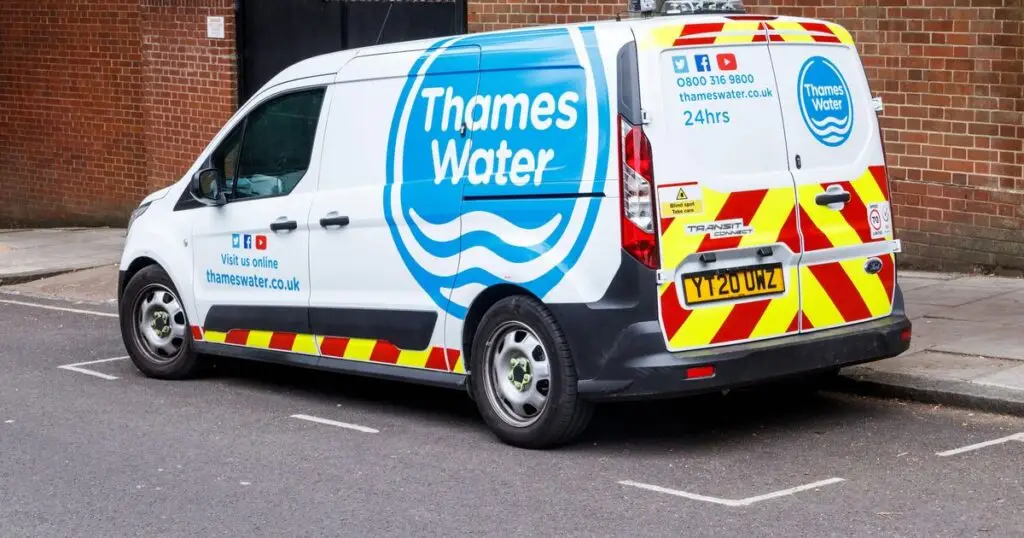A group of creditors of Thames Water, the UK’s largest water company, are reportedly devising backup funding strategies in an effort to prevent the company from being nationalised. The company is currently grappling with a substantial debt of £18.7 billion and is in talks with lenders for fresh funding.
According to a report by the Financial Times, Thames Water is collaborating with financial advisors from Rothschild and reaching out to specialist infrastructure investors for an equity raise. This move aims to fund necessary investments across the water network and address the company’s significant debt.
Meanwhile, a separate group of 90 creditors, who hold approximately £10 billion of debt at Thames Water’s operating company, are exploring their own rescue plan. This potential strategy involves restructuring loan repayments and may include a partial debt-to-equity swap or a cash injection into Thames Water.
These creditors are working with Akin lawyers and Jefferies bankers on their proposed strategies. Reportedly involved parties include UK asset manager Abrdn, US insurance firm Assured Guaranty, and debt fund Elliott Management.
Thames Water disclosed in June that it had £1.8 billion in liquidity, which it described as “sufficient to fund our operations for the next 11 months.” The company is actively developing a recovery plan alongside the regulator Ofwat.
The company’s debt management challenges have been exacerbated by rising interest rates. Earlier this year, shareholders rejected proposals for a £500 million investment, which has contributed to the current financial crisis.
Environment Secretary Steve Reed recently dismissed the idea of nationalising water companies as a solution to pollution issues. He emphasised that all necessary investments for essential sewage improvements must come from the private sector. However, some views hold that the special administration regime (SAR), an insolvency framework designed to protect critical public interests, could be seen as a form of nationalisation. This would require shareholders to repay any government funds provided.
Thames Water’s future remains uncertain as it navigates discussions with lenders and the formation of backup plans by its creditors. The outcome of these efforts will be critical in determining whether the company can remain privately managed or face potential nationalisation through the SAR framework.

